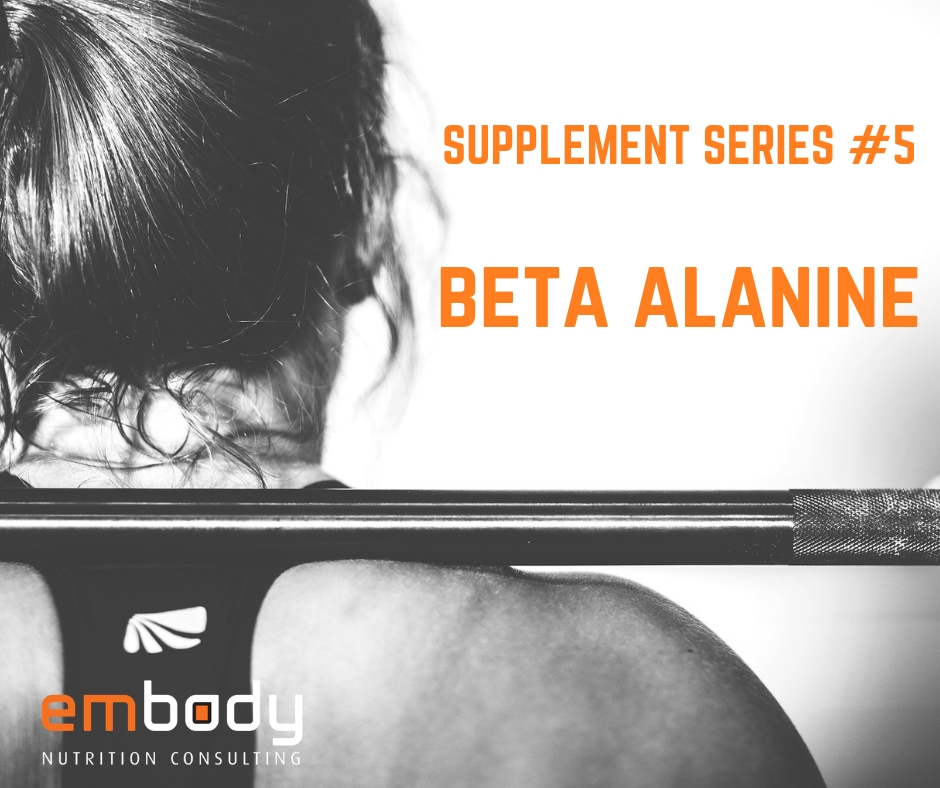Beta alanine is a popular supplement among athletes as well as regular gym goers because of its ability to improve sports performance. In this article we’ll take a closer look at what this supplement is, and the potential benefit of including it in your diet.
What is it?
Beta alanine is an amino acid that is naturally produced in the body, but is also found in animal products (particularly chicken, meat and fish). It is important in the production of a protein called carnosine, which can help to buffer (or ‘soak up’) the acid build up in the muscle, produced from high intensity exercise. This action by carnosine can increase fatigue resistance and also potentially improve work capacity and performance.
Who should use it?
Any activity that involves short, high intensity efforts are likely to benefit from beta alanine supplementation.
Examples include: Short (<10mins) high intensity exercise such as rowing, middle distance running, track cycling, swimming. Activities that involved repeated high intensity efforts such as resistance training, team sports.
How much should be taken?
A dose of about 65mg/kg per day or about 5g per day seems to be effective for most people. It is also recommended that the dose is split throughout the day to avoid a harmless tingling sensation that can sometimes occur. Research shows that consuming beta alanine with a meal can further increase uptake into the muscles.
Interestingly, beta alanine supplementation seems to be more effective than consuming carnosine itself in supplement form.
As with every supplement, the inclusion of beta alanine should be considered on an individual basis. Ensuring that you consume a high quality diet, with lots of variety and adequate energy is the most important factor in sports nutrition. Supplements are like the icing on the cake and may provide a small benefit on top of this.
Always consult with an Accredited Sports Dietitian if you need help to develop a supplement plan for your sport.

